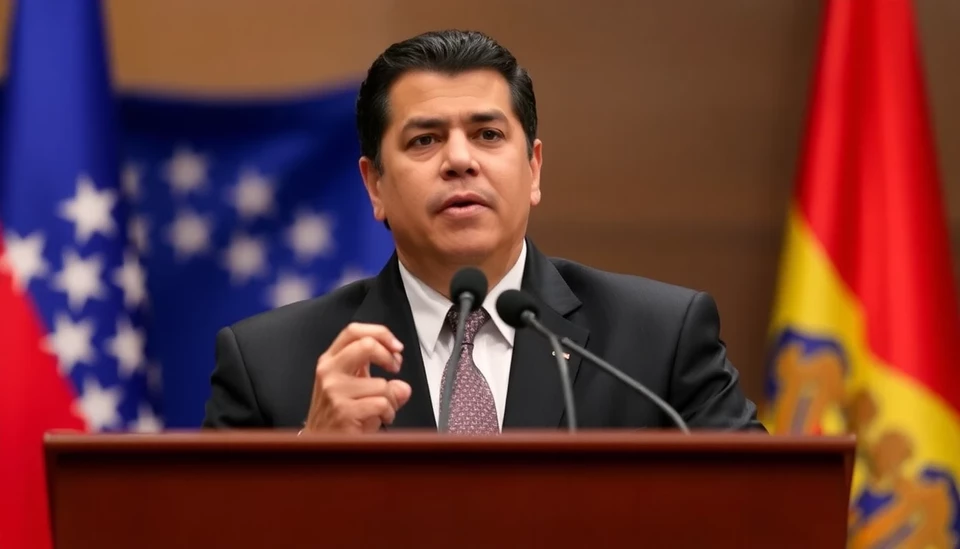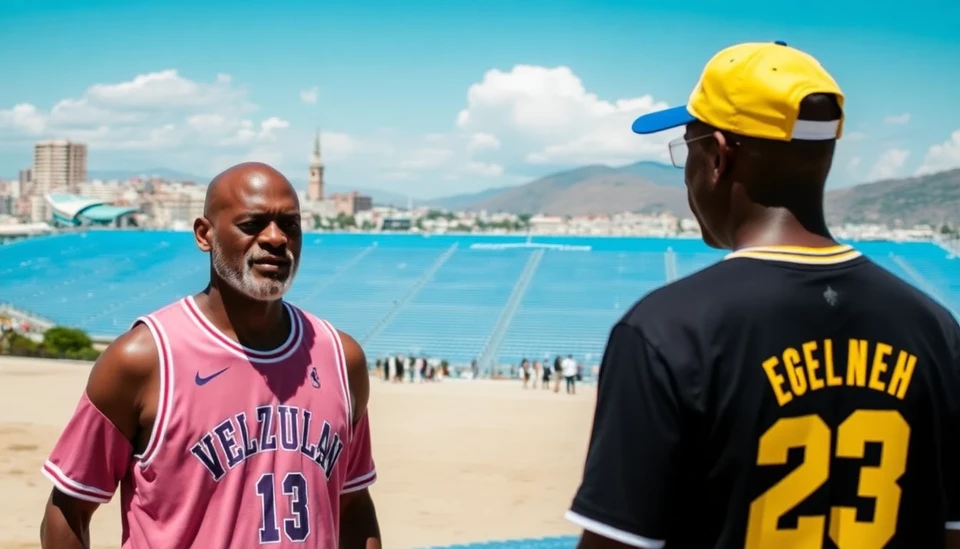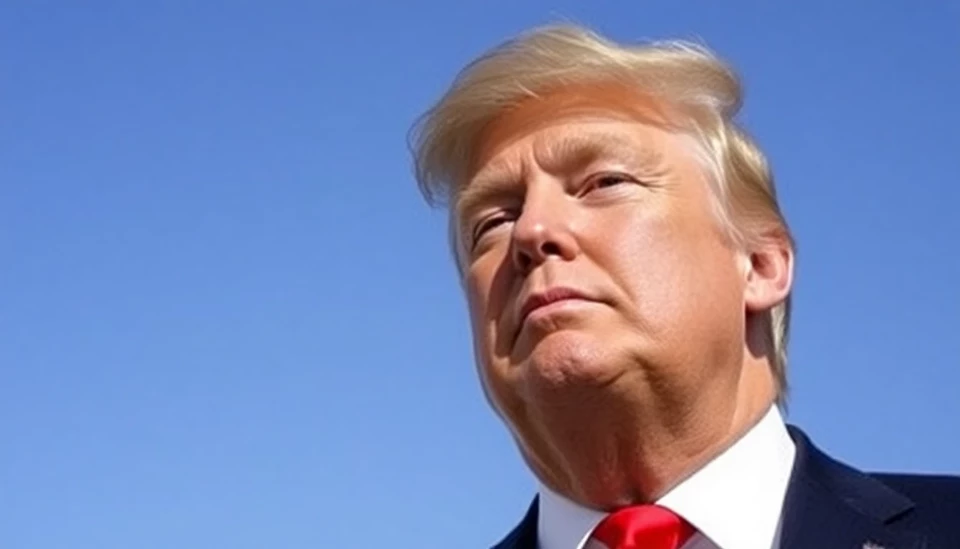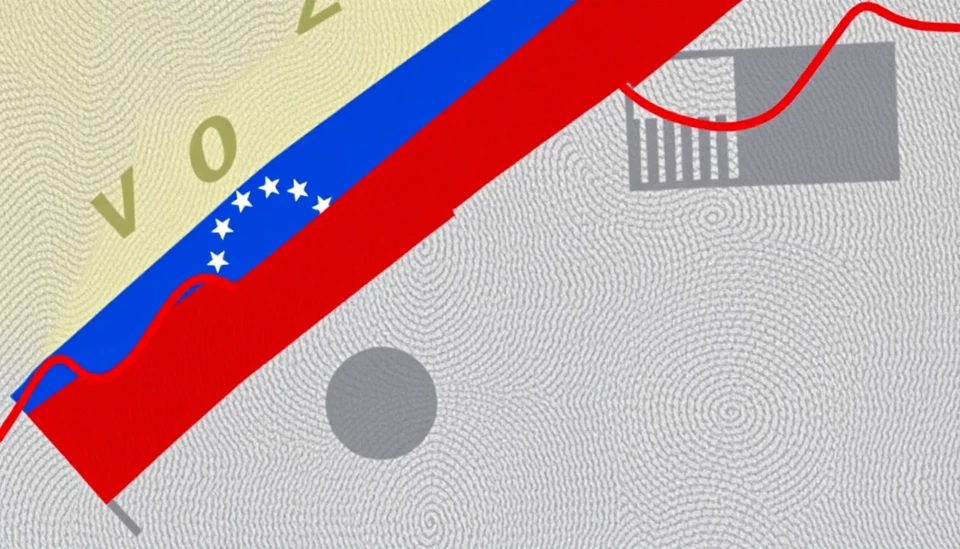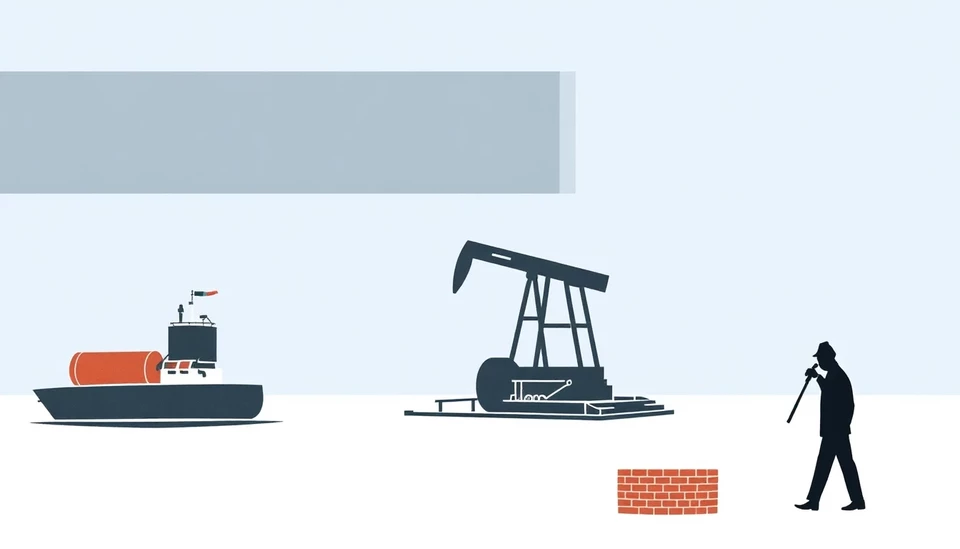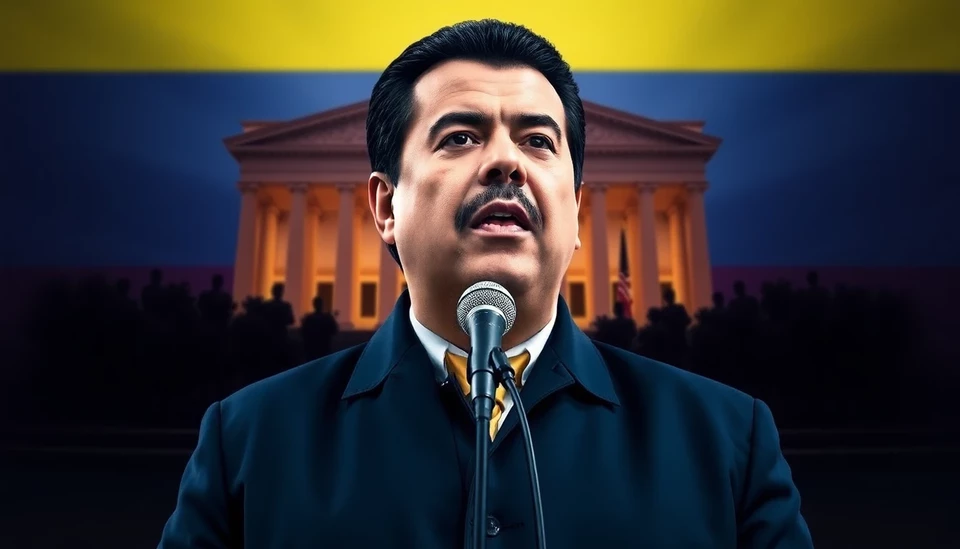
In a significant move reflecting the ongoing economic struggles in Venezuela, President Nicolás Maduro has initiated a comprehensive overhaul of the country's central bank. This decision comes in the wake of a contentious dispute surrounding Venezuela's gold reserves, which have sparked tensions both domestically and internationally.
Maduro's administration has been under mounting pressure due to the hyperinflation that has plagued the nation for years, leading to a scarcity of basic goods and a sharp decline in living standards. The country, which is rich in natural resources, finds itself in a dire economic quagmire, further complicated by international sanctions and dwindling revenues from oil exports.
The central bank overhaul primarily aims at strengthening the monetary authority’s independence and functionality. Analysts suggest that these changes are necessary to stabilize the ailing economy and restore public trust in financial institutions. The restructured central bank is expected to implement policies that could better regulate the money supply and manage inflation, challenges that have severely impacted the everyday lives of Venezuelans.
One of the pivotal issues driving this reform is Venezuela's gold dispute. The government has faced legal challenges concerning its gold reserves held abroad, particularly in the UK, where a court ruling has hindered the transfer of these assets. The conflict over the gold has raised concerns about the government's ability to access international funds needed for economic recovery.
In response to this crisis, Maduro's administration is seeking to position the central bank as a more autonomous entity, distancing it from the political pressures that have historically undermined its effectiveness. By fostering a more transparent and accountable institution, the government aims to create a sense of stability that could lure both domestic and foreign investments.
Moreover, Maduro has hinted at potential collaborations with international partners, indicating that the government is open to revisiting ties with countries that have previously been estranged due to the ongoing sanctions and political isolation. Such a shift could provide a much-needed lifeline for Venezuela's economy, although skepticism remains high regarding the feasibility of these ambitious plans.
This central bank reform is indicative of the Maduro administration's larger strategy to regain control over the economy while addressing the pressing issues that have led to widespread disenchantment among the populace. Should these measures prove effective, they may not only help restore some degree of economic stability but could also play a crucial role in reshaping the future of Venezuela.
As the political landscape continues to evolve, all eyes will be on how these reforms will unfold and whether they will bring about the much-awaited change that Venezuelans have been hoping for amid prolonged adversity.
In conclusion, Maduro's overhaul of Venezuela's central bank amidst ongoing gold disputes signifies both a desperate attempt to stabilize the economy and a strategic maneuver to regain trust and control in the financial sector. The road ahead remains challenging, but this initiative represents a crucial step in Venezuela's quest for economic redemption.
#Venezuela #Maduro #CentralBankReform #GoldDispute #EconomicCrisis #Hyperinflation #EconomicStability #InternationalRelations
Author: Daniel Foster
